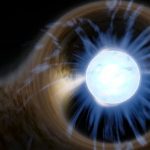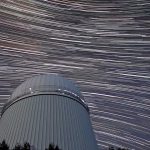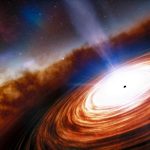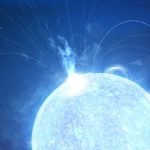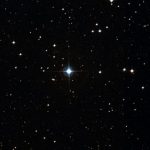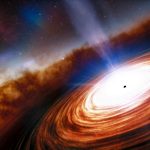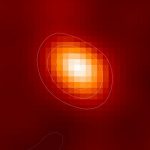Excess X-rays from neutron stars could lead to discovery of new particle
A team of scientists including a University of Michigan researcher have found that mysterious X-rays detected from nearby neutron stars may be the first...
Scientists map over half a billion celestial objects in the universe
More than 690 million celestial objects have been catalogued, photographed and are now available online for exploration by the public, thanks to an international...
Scientists find most distant quasar to date
A team of astronomers including a University of Michigan researcher has observed a luminous quasar 13.03 billion light-years from Earth—the most distant quasar discovered...
Astronomers find possible hints of gravitational waves
An international team of astronomers reports they have found the first faint, low-frequency whispers that may be gravitational waves from gigantic, colliding black holes...
NASA’s Fermi space telescope offers best look ever at giant flare
An intense flash of light from an erupting neutron star in a nearby galaxy in April 2020 has given astronomers their first clear look...
Astronomers document the rise and fall of a rarely observed stellar dance
The sun is the only star in our system.
But many of the points of light in our night sky are not as lonely.
By some...
This planet orbits in a triple-star system with special configuration
Years after its detection, astronomers have learned that a planet called KOI-5Ab orbits in a triple-star system with a skewed configuration.
Shortly after NASA's Kepler...
Scientists find new way to harness energy from black holes
Physicists have found a new way to extract energy from black holes by breaking and rejoining magnetic field lines near the event horizon.
A remarkable...
Scientists find earliest supermassive black hole and quasar in the universe
The most distant quasar known has been discovered.
The quasar, observed just 670 million years after the Big Bang, is 1000 times more luminous than...
Galaxy mergers in the early universe could limit star formation
Astronomers have looked nine billion years into the past to find evidence that galaxy mergers in the early universe could shut down star formation...

